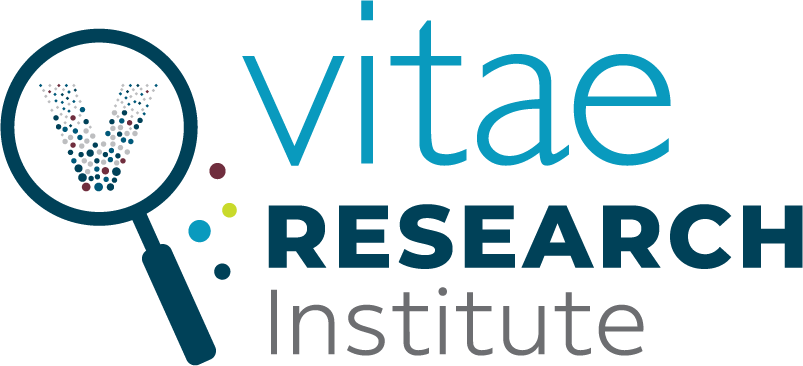To view the Research Summary of Fighting for Control, Click Here
Purpose
In this study, Fighting for Control, the purpose was to discover women’s emotional responses to the Abortion Pill Reversal (APR) procedure, particularly through identifying the pivotal moment a woman chooses to attempt reversal. Another objective was to understand how women found APR and accessed care, what her initial thoughts or possible fears about APR were, and what the emotional aftermath of the decision was.
Methods
One-on-one, in-depth interviewing was used with a group of 12 participants. Interviews were conducted by the professional research team at Emotional ConteXt and done on the campus of Heartbeat International in Columbus, Ohio and via Zoom. Participants varied in age, race, religion and household income. All had attempted reversal and of the 12 participants, 10 had successful reversal attempts. One began the APR treatment and stopped to complete the abortion, while another began reversal treatment but loss of pregnancy occurred.
The interview explored women’s beliefs about abortion, personal experiences with chemical abortion and abortion pill reversal.
Conclusion
Motivators for abortion have not changed since our initial study, Abortion The Least of Three Evils, conducted in 1992, which cause women to feel they have no choice but to abort. The trauma of contemplating the loss of their future selves is what drives them to their initial decision, as they are seeking to take control of their lives and situations through abortion, though they remain uncomfortable and delay making their choice until time runs out.
Interestingly, for this subset of women – those who chose to attempt reversal– the realization of their choice to abort hits them hard and fast, in ways they did not expect, sometimes mere moments after leaving their abortion appointment and taking the first abortion pill, Mifepristone. Instantly, respondents explain that they feel determined to rectify their mistake and regain control of their situation by attempting reversal.
The entire experience of reversing their abortion attempt and carrying their preborn children brings a unique sense of empowerment and resolution to their lives. Additionally, they attest to finding hope in their faith or spiritual journey through the process.
